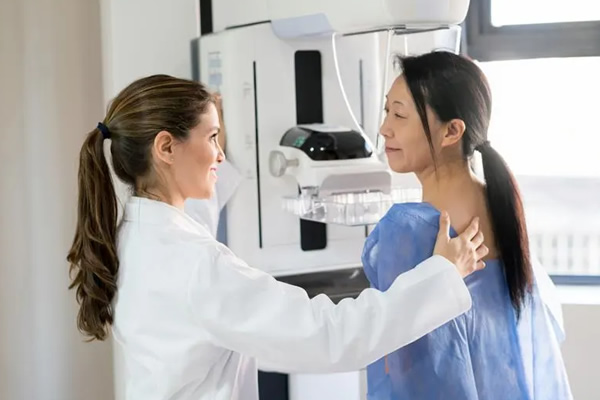
In today’s fast-paced world, prioritizing health often takes a backseat to other commitments and responsibilities. However, neglecting regular health screenings can have serious consequences, especially for women. The phrase Importance of Regular Health Screenings for Women underscores the critical need for women to prioritize preventive care to safeguard their well-being. Let’s delve into why these screenings are so crucial and how they contribute to overall health and longevity.
Why are Regular Health Screenings Important?
Detecting Health Issues Early:

One of the primary reasons for regular health screenings is the early detection of potential health issues. Many diseases, including certain types of cancer and chronic conditions, often present with no symptoms in their early stages. By undergoing routine screenings, women increase their chances of detecting these conditions before they progress to more advanced and potentially untreatable stages.
- Diabetes: Involves identifying the condition in its initial stages through regular health screenings. These screenings typically involve blood glucose tests that can detect elevated levels of glucose in the blood, indicating potential diabetes. The Importance of Regular Health Screenings for diabetes lies in the ability to catch the condition early, allowing for timely interventions such as lifestyle changes, medication, and monitoring to prevent complications and manage the disease effectively. By detecting diabetes early, individuals can take proactive steps to maintain their health and minimize the impact of the condition on their lives.
-
Breast Cancer:
Refers to the stage of breast cancer where the tumor is confined to the breast tissue or nearby lymph nodes and has not spread to distant organs. Detecting breast cancer at this early stage significantly improves treatment outcomes and increases the chances of survival.
Regular health screenings, including mammograms and clinical breast exams, are crucial for the early detection of breast cancer. Through routine screenings, abnormalities can be identified before symptoms develop, allowing for prompt intervention and appropriate treatment. The Importance of Regular Health Screenings cannot be overstated in ensuring timely detection and effective management of breast cancer, ultimately saving lives and preserving women’s health.
- Ovarian Cancer: Refers to the identification of the disease in its initial stages, typically before symptoms manifest or when they are mild. The Importance of Regular Health Screenings becomes evident in this context as routine screenings, such as pelvic exams, transvaginal ultrasounds, and blood tests for tumor markers like CA-125, enable healthcare providers to detect ovarian cancer early.
Preventing Serious Illnesses:

Regular health screenings empower women to take proactive steps in preventing serious illnesses. For instance, screenings such as mammograms and Pap smears can detect breast and cervical cancer early, significantly improving treatment outcomes. Similarly, tests for high blood pressure, cholesterol levels, and diabetes enable early intervention and lifestyle modifications to prevent the onset of heart disease and other cardiovascular conditions.
Promoting Overall Well-being:
Beyond the detection and prevention of specific illnesses, regular health screenings contribute to overall well-being. These screenings often include assessments of various health markers, such as blood pressure, cholesterol, and body mass index (BMI). By monitoring these indicators, women can gain insights into their overall health status and make informed decisions about lifestyle changes, diet, and exercise habits.
Empowering Women’s Health Choices:
Regular health screenings empower women to make informed decisions about their health. Armed with knowledge about their individual health risks and potential concerns identified through screenings, women can work closely with healthcare providers to develop personalized wellness plans. This may involve adopting healthier habits, seeking further diagnostic tests, or undergoing preventive treatments tailored to their needs.
Reducing Healthcare Costs:
While investing time and resources in regular health screenings may seem daunting, the long-term benefits far outweigh the costs. Detecting and addressing health issues early can prevent the need for more extensive and expensive treatments down the line. Moreover, maintaining good health through preventive care can reduce the likelihood of hospitalizations and emergency room visits, resulting in substantial savings in healthcare costs over time.
Breaking Barriers to Access:
Despite the importance of regular health screenings, many women face barriers to accessing healthcare services. These barriers may include financial constraints, lack of transportation, and limited awareness about the availability of screening programs. Addressing these barriers is essential to ensuring that all women have equitable access to preventive care services, regardless of their socioeconomic status or geographic location.
Conclusion:
The Importance of Regular Health Screenings for Women encapsulates the critical role that preventive care plays in women’s health. By prioritizing regular screenings, women can detect health issues early, prevent serious illnesses, and promote overall well-being. Moreover, these screenings empower women to make informed health choices, reduce healthcare costs, and break down barriers to access. Ultimately, investing in preventive care is an investment in women’s health and a key component of ensuring a healthier future for all.


